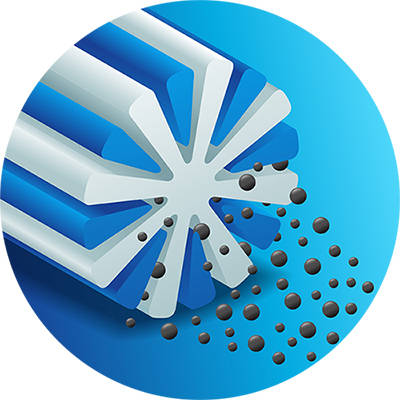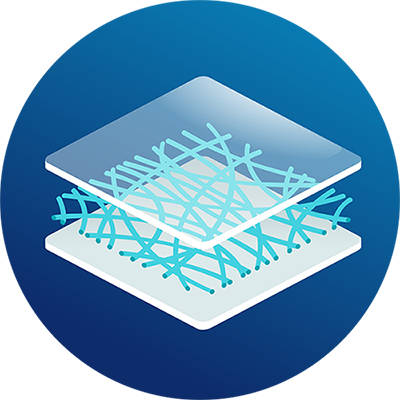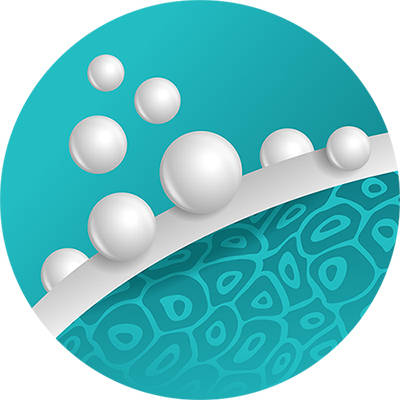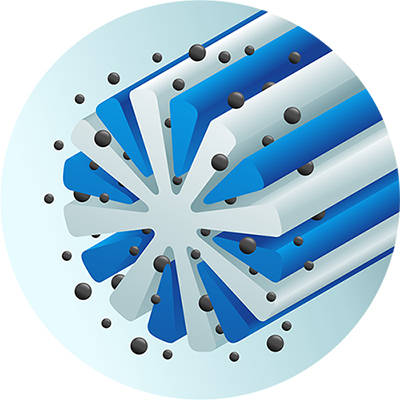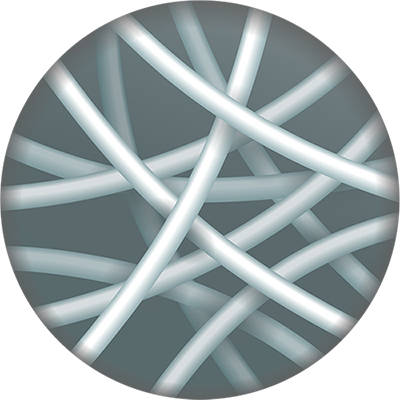Acrylate & Methacrylate Polymers
- CAS: 25085-83-0
- Molecular Formula: C11H12O2
- CAS: 25189-00-8
- Molecular Formula: (C8H14O2)n
- CAS: 25249-16-5
- Molecular Formula: (C6H10O3)n
- CAS: 25703-79-1
- Molecular Formula: (C7H12O3)n
- CAS: 25852-47-5
- Molecular Formula: (C4H5O).(C2H4O)n.(C4H5O2)
- CAS: 26655-94-7
- Molecular Formula: (-CH2C(CH3)[CO2CH(CH3)2]-)n
- CAS: 26915-72-0
- Molecular Formula: (C2H4 O)n C5 H8 O2
- CAS: 31693-08-0
- Molecular Formula: C10H16O5
- CAS: 32171-39-4
- Molecular Formula: H2C=CHCO2(CH2CH2O)nCH3
- CAS: 9003-63-8
- Molecular Weight: 172.26
- Molecular Formula: (C8H14O2)n
- CAS: 9011-14-7
- Molecular Formula: (C5H8O2)x
- CAS: 9011-15-8
- Molecular Formula: [C8H14O2]n
Introduction
The esters of acrylic acid and its homologues are collectively called acrylate. Methacrylate polymers, ethyl acrylate, methyl 2-methacrylate and ethyl 2-methacrylate are all acrylate.[1] The pure product of acrylate is white needle crystal, insoluble in water and general organic solvents, can dissolve in hot ethanol, slightly soluble in hot water, easy to dissolve in dilute acid, dilute alkali solution.[2] Acrylate & methacrylate polymers can be compounded with natural rubber and synthetic rubber with good compatibility. In addition, acrylate & methacrylate polymers have strong adhesion to fibers. Methacrylate can also be copolymerized with various olefin monomers to obtain materials with different properties. Therefore, acrylate and methacrylate polymers are widely used in industry, instrumentation, transportation, medical treatment and other fields due to their excellent performance.
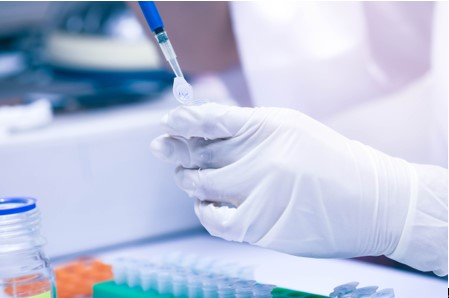
Characteristics
The characteristics of acrylate are affected by the number of alkyl carbon atoms in its alkyl acrylate monomer. The rubber based on acrylate has good oil resistance and heat resistance. The rubber based on butyl acrylate has excellent water resistance due to the increase of the number of alkyl carbon atoms, which increases the shielding effect on the ester polar group. Methacrylate polymers have excellent transparency, high strength, ultraviolet penetration, light aging resistance, and is an important aviation glass material. Typically, acrylate & methacrylate polymers have the following characteristics:
- Transparency
- Biocompatibility
- Waterproof
- Durability
- Chemical stability
Application
Based on its excellent properties, acrylate & methacrylate polymers are widely used in textile industry, medical field, optical field and others.
Acrylates are mainly used in the textile industry as thickeners and fabric adhesives. Acrylic esters containing self-crosslinking groups have strong adhesion to coatings and fibers, and the prepared products have good fastness. In addition, commonly used textile warp sizing mainly includes polypropylene acrylate and its copolymers. This kind of slurry has less pollution and can meet the sizing requirements of most products.
With the rapid development of medical polymer materials, acrylates are also used in the medical field. Adhesives prepared with acrylates have the characteristics of fast bonding speed, high bonding strength, relatively low toxicity, and relatively weak tissue reaction. Therefore, acrylate is widely used in various aspects of oral medicine such as orthodontics and tooth restoration. In addition, it is widely used in orthopedics to fix artificial joints and fill bone defects in artificial joint replacements.
As a transparent material with excellent performance, methacrylate polymer has been widely used in the field of optics. They are commonly used in the manufacture of optical glass, including various lenses, mirrors, prisms, television screens, and camera lenses. Methacrylate polymers can also be used to prepare lighting equipment housings, such as various household lamps, fluorescent lamp shades, automobile tail lights, signal lights, etc. Additionally, methacrylate polymers are strong enough to be used in automotive windshields.
If you are interested in our acrylate & methacrylate polymers, please contact us immediately!
References
- Christoffers, W. A. et al. Two decades of occupational (meth)acrylate patch test results and focus on isobornyl acrylate. Contact Dermatitis. 2013, 69(2): 86-92.
- Ghorbani, M. et al. Morphological, physical, and mechanical properties of silanized wood-polymer composite. Journal of Composite Materials.2020, 54(11): 1403-1412.

















